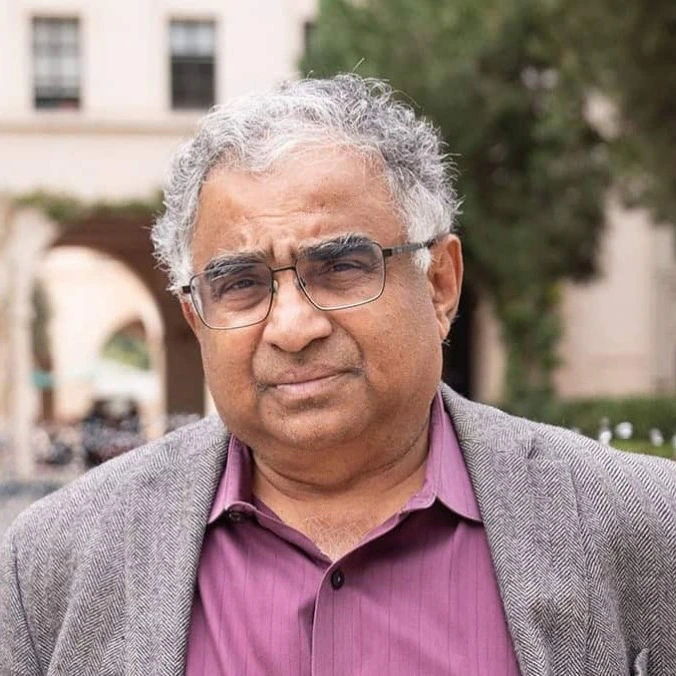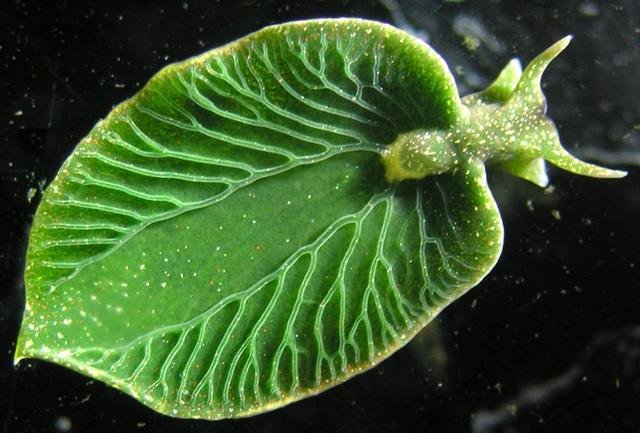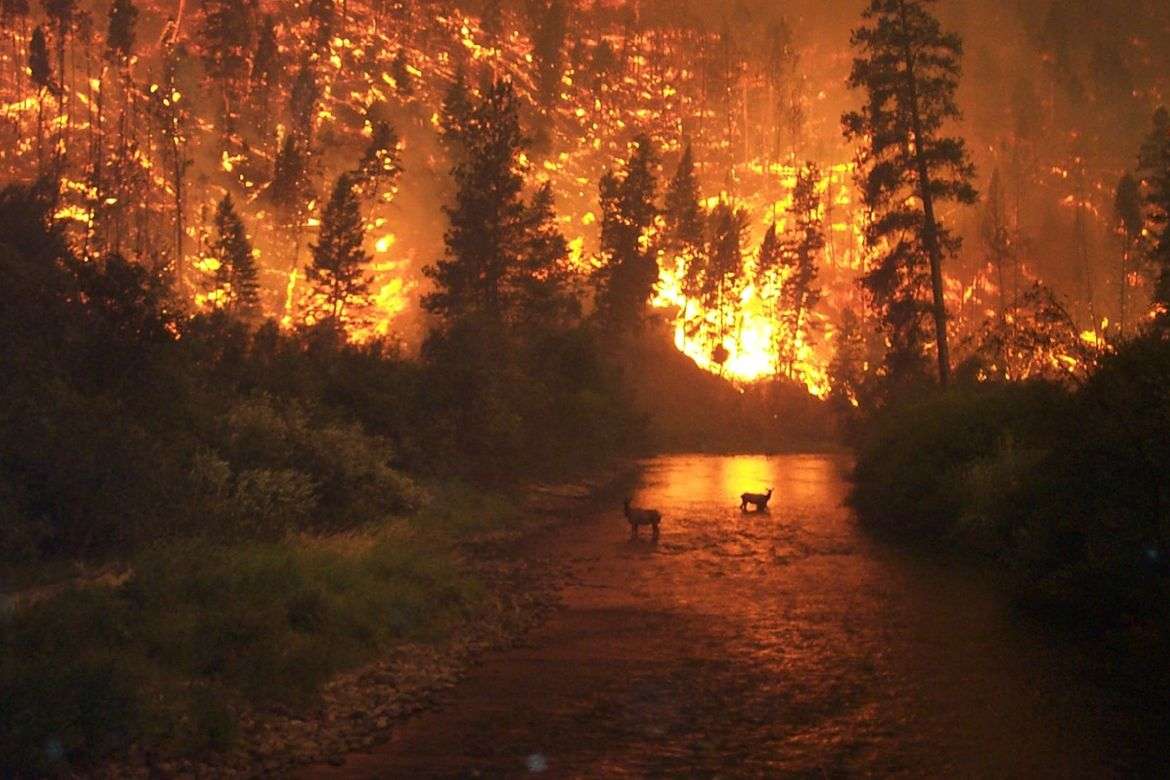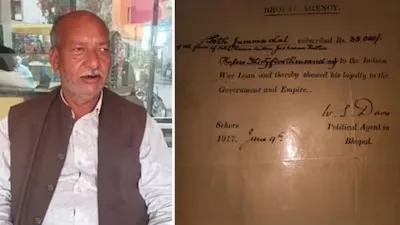The remains belong to pterosaurs, scientists determined, flying creatures that lived alongside dinosaurs that had a long wingspan and fed by filtering water through long thin teeth, similar to flamingos.
Scientists in Chile say they have discovered a rare cemetery with well-preserved bones of ancient flying reptiles that roamed the Andean country’s Atacama desert more than 100 million years ago, a report in The Peninsula, Doha, says.
The remains belong to pterosaurs, scientists determined, flying creatures that lived alongside dinosaurs that had a long wingspan and fed by filtering water through long thin teeth, similar to flamingos.
Led by Jhonatan Alarcon, an investigator at the University of Chile, the group have been searching for pterosaurs for years, but this discovery has surpassed all their hopes.
“This has global relevance because these types of findings are relatively rare,” Alarcon said. “Almost everywhere in the world, the pterosaur remains that have been found are isolated.”
The discovery of this rare cemetery will allow scientists to study the pterosaur’s habits, and not just its anatomy, he said.
“We could determine how groups of these animals were composed, if they raised their babies or not,” he added.
Another unexpected surprise was how well-preserved the bones scientists discovered were.
The discovery of this rare cemetery will allow scientists to study the pterosaur’s habits, and not just its anatomy, he said.
“Most pterosaur bones that are found are flattened, broken,” said David Rubilar, head of paleontology at Chile’s Museum of National History. “Nevertheless we were able to recover preserved three-dimensional bones from this site.”
This well help scientists better understand pterosaur anatomy.
The find was made 65 km (40.39 miles) away from another site where other pterosaur remains were found. This discovery supports scientists’ hypothesis that pterosaurs were once widespread in northern Chile.
********************************************************************
Readers
These are extraordinary times. All of us have to rely on high-impact, trustworthy journalism. And this is especially true of the Indian Diaspora. Members of the Indian community overseas cannot be fed with inaccurate news.
Pravasi Samwad is a venture that has no shareholders. It is the result of an impassioned initiative of a handful of Indian journalists spread around the world. We have taken the small step forward with the pledge to provide news with accuracy, free from political and commercial influence. Our aim is to keep you, our readers, informed about developments at ‘home’ and across the world that affect you.
Please help us to keep our journalism independent and free.
In these difficult times, to run a news website requires finances. While every contribution, big or small, will makes a difference, we request our readers to put us in touch with advertisers worldwide. It will be a great help.
For more information: pravasisamwad00@gmail.com











